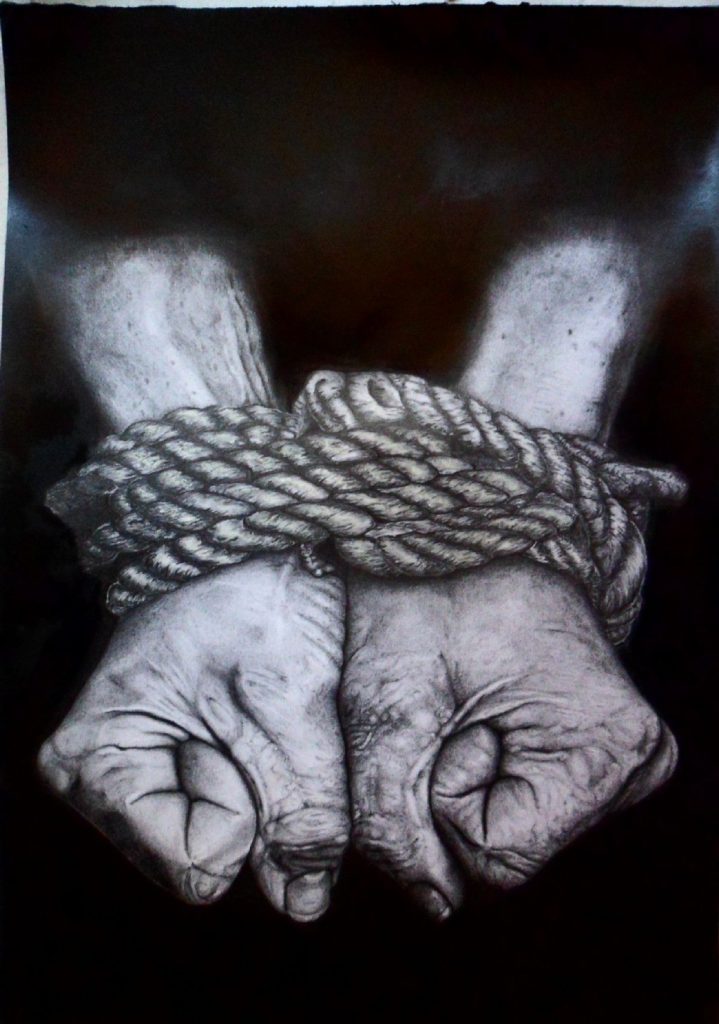Sovereign states in this modern world, due to their own interests, sign and ratify several international treaties and conventions. Most of these conventions and treaties are signed with entities that fall under the umbrella of the United Nations in order to promote a healthy state of affairs all over the world.
For that matter, Pakistan too has signed several international treaties and conventions, some of which are exclusively related to uplifting the condition of Human Rights and social justice in the world. Interestingly enough, even after the ratification of such international conventions by Pakistan, one cannot invoke their provisions in a domestic Pakistani court. For any law to be invoked and cited in the court, it must have to be passed by the parliament.
So we are back to the traditional definition of parliamentary sovereignty which determines the type of laws and the legal mechanisms that are applied within the territorial jurisdiction of its country. As a matter of fact, this makes it compulsory upon the parliament to pass laws and legislation that is required not only for the smooth functioning of the government but also for the betterment of human wellbeing and quick dispensation of justice.
A probe into the operational conduct of the Parliament.
Keeping this in mind, a thorough analysis of the parliamentary functioning in the Pakistani context is justified. Unlike the parliaments in the most developed countries around the world, Pakistan’s parliament suffers from many flaws. It is often too slow to react to the requirements of its citizens. The prevalent intellectual lethargy in the parliament combined with the lack of will to increase human wellbeing is central to the dismal condition of Human Rights in Pakistan. The news cycle is filled with instances of horrific human rights abuses. They are conducted not only by the civilians but by state officials as well. We hear the story of ‘missing persons’ so often that people have internalized it by considering it a norm. This normalization in turn indicates the dark path our society is headed to.
Torture – An Appalling Human Rights Abuse
To find another example of extreme human rights abuse, one does not have to look any further. A cursory glance at the activities taking place inside a prison cell of your own district/tehsil/taluka will do enough. Our law enforcement officials are often accused of being involved in the practice of inhumane treatment of prisoners inside the prison cell. The prisoners are repeatedly subjected to extreme levels of torture that exceed way beyond the normal pain threshold of any human being. It is true that Pakistan has signed and ratified the international convention against torture in the past but due to the reasons adduced above, its provisions cannot be invoked inside a domestic Pakistani court.
The Parliament, despite having powers, has miserably failed to hammer out legislation to safeguard human rights inside Pakistan. The parliamentarians, other than taking interest in confrontational politics, have a low interest in the comfort of their citizens.
Torture and Custodial Death Prevention and Punishment Bill
Even in exceptional cases, when a bill related to human rights somehow does get introduced in either of the houses of the parliament, several fundamental blockades restrict its graduation from the house as a law. A case in point is the Torture and Custodial Death (Prevention and Punishment) bill recently passed by the senate 17 months after being introduced in the house. The bill is yet to be passed by the national assembly in order to come into force and it is anyone’s guess how much time will it take to do so. This is a dismally perfect example of our Parliament’s slow work related to human rights in Pakistan. In such an environment, it is unsurprising that Pakistan ranks lowest in the human rights index in all of South Asia.
Another example in point is The Criminals Law Amendment Act 2021. After being introduced into the house by Minister Shireen Mazari, the bill hasn’t been tabled and has eventually disappeared. The Amendment bill intended to inculcate a new section 52-B into the penal code which will be criminalizing the practice of enforced disappearance in Pakistan. It also spells out clearly the punishment that will be meted out to the persons involved or complicit in the enforced disappearance of any person all over Pakistan. Unfortunately, the bill seems to have met a similar fate as the rest of the bills of the parliament.
Conclusion
In short, the parliament bears the heft of blame for its indifferent attitude towards the condition of human rights. It is time we as citizens of this nation push our electoral parliamentarians to talk about the wretched condition of human rights in Pakistan. Unless our parliamentarians start debating about this issue, no tangible change will occur in society. We have to do it for our people and for ourselves. We must shake our elected parliamentarians and encourage them to realize their obligations and duty towards this nation.
Waqar Akbar
Intern, Defence of Human Rights Pakistan

